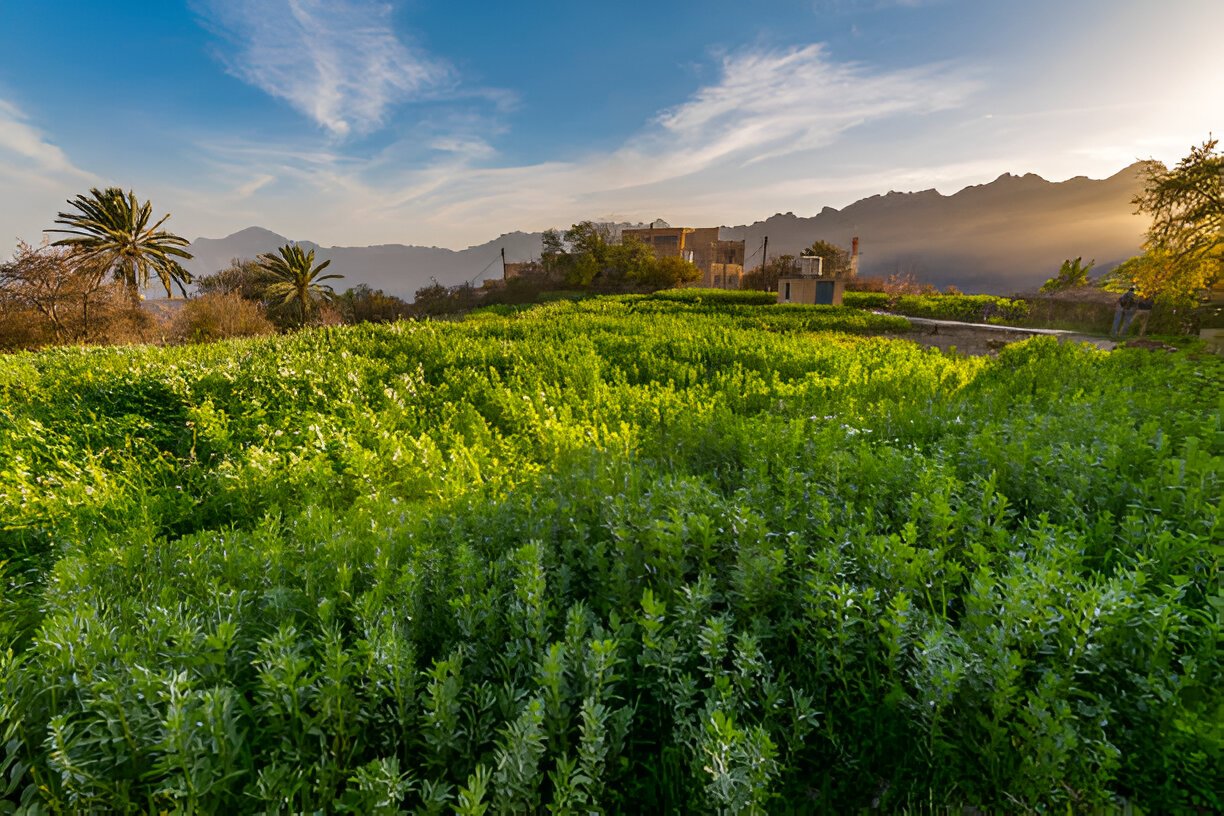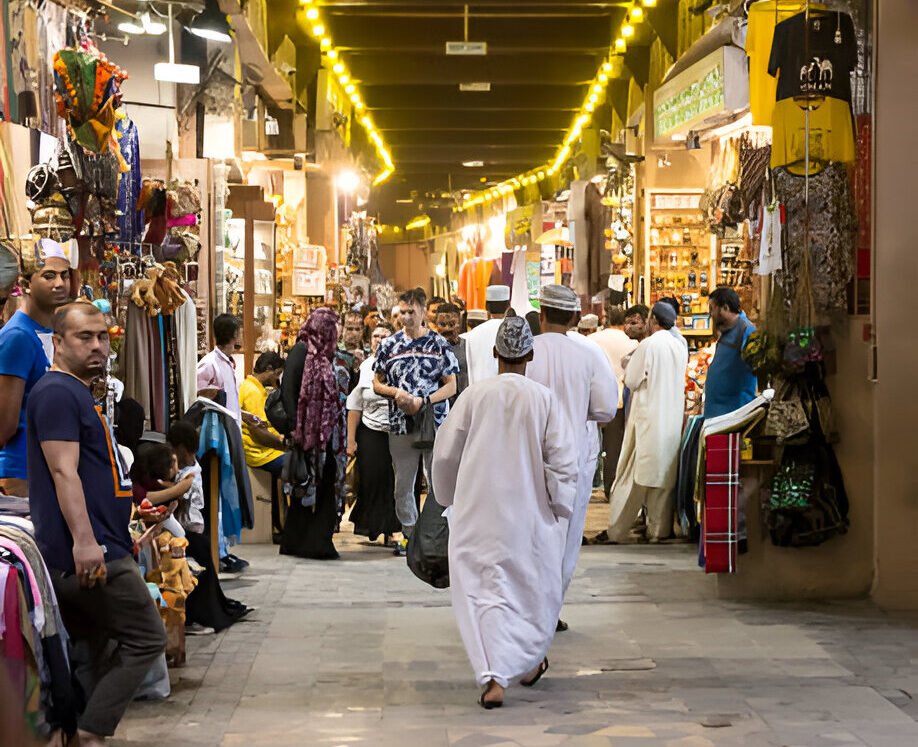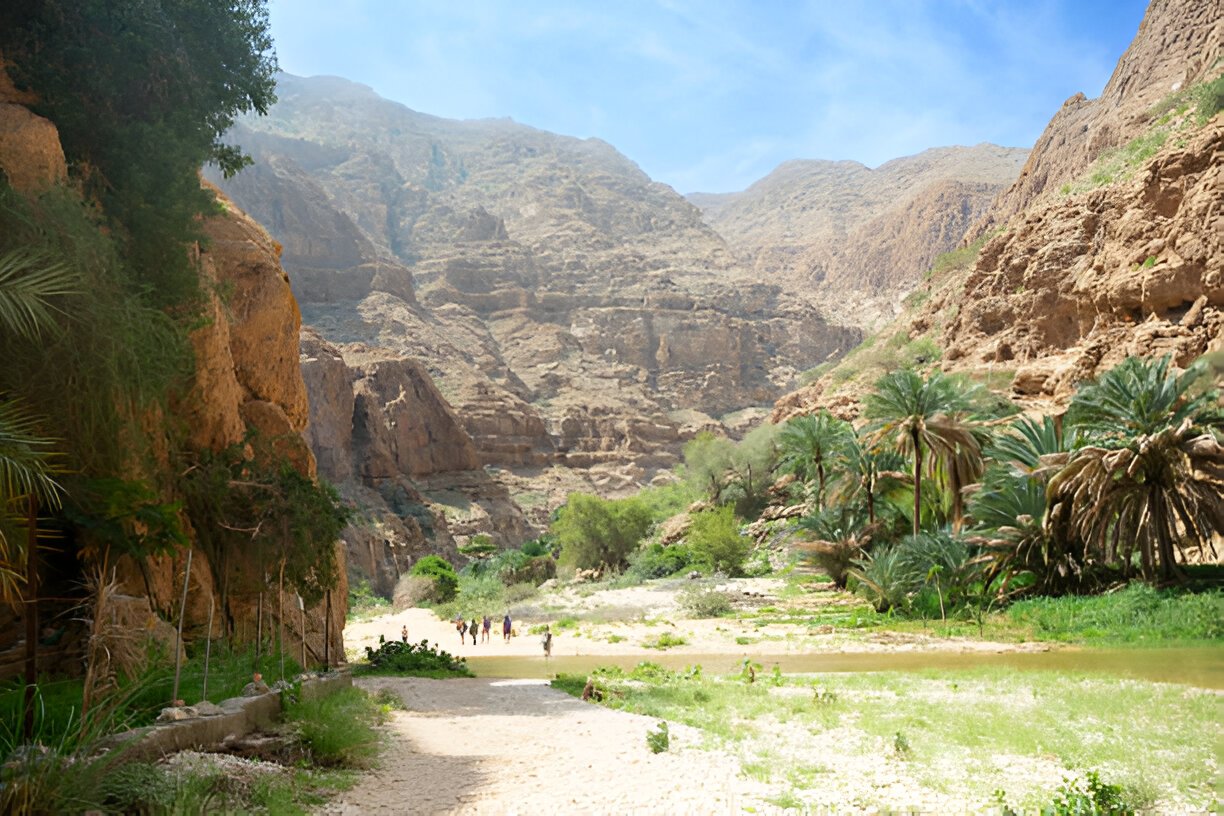
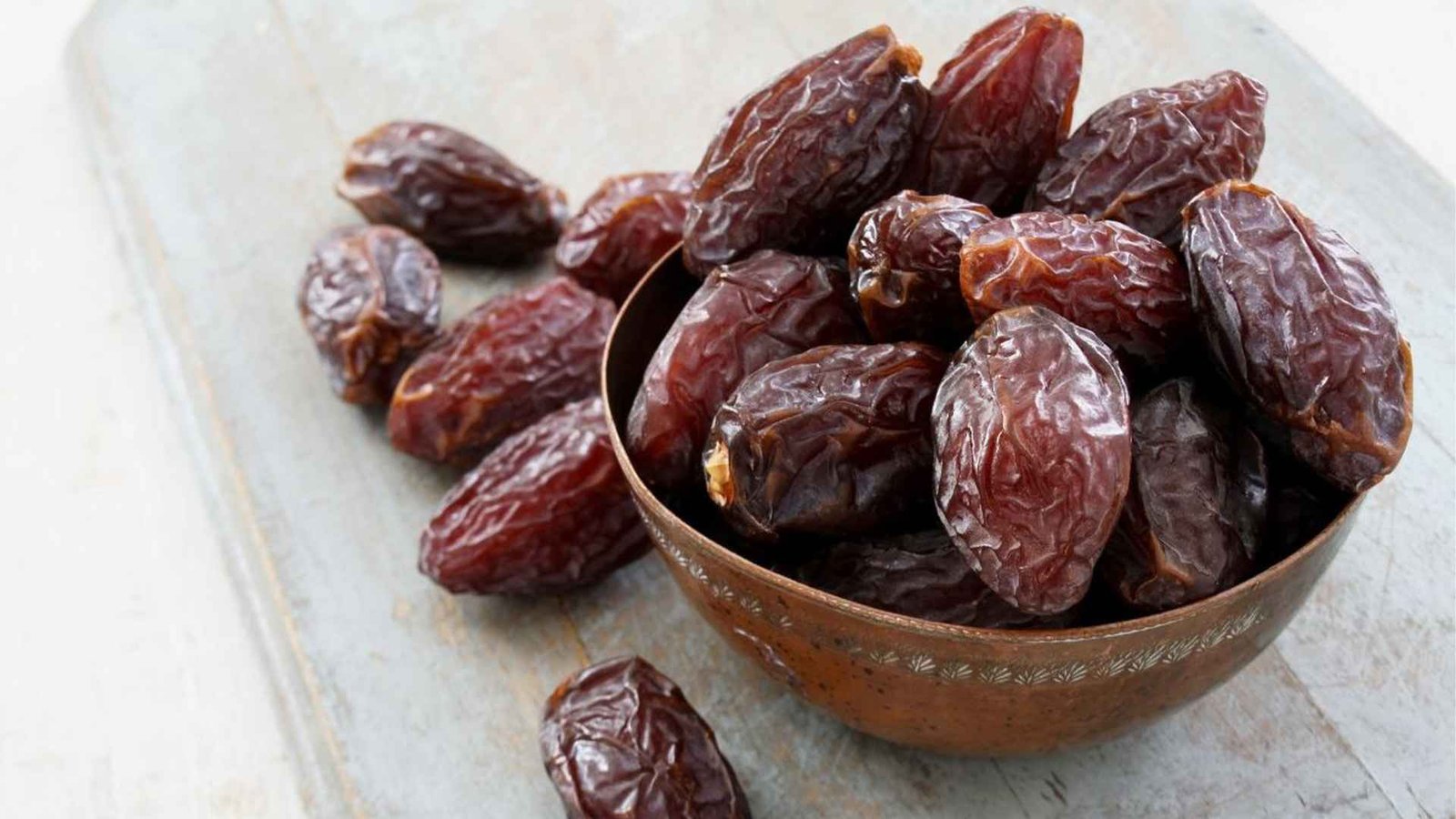
The story of dates in Oman is as old as the country itself. The cultivation of dates dates back thousands of years, with evidence of date palm farming found in archaeological sites dating back to ancient times. The early settlers of Oman recognized the importance of the date palm, not just as a source of food, but as a tree of life that could sustain entire communities.
In Oman, the date palm was revered for its resilience in the harsh desert climate. It provided shade, food, and even materials for building shelters. The date palm was, and still is, considered a gift from God, capable of withstanding the extreme heat and aridity that define much of Oman’s landscape. Over the centuries, the practice of cultivating dates has been passed down through generations, evolving into a sophisticated agricultural tradition that continues to thrive today.
The date palm is more than just a tree in Oman; it is a symbol of our endurance and our deep connection to the land.
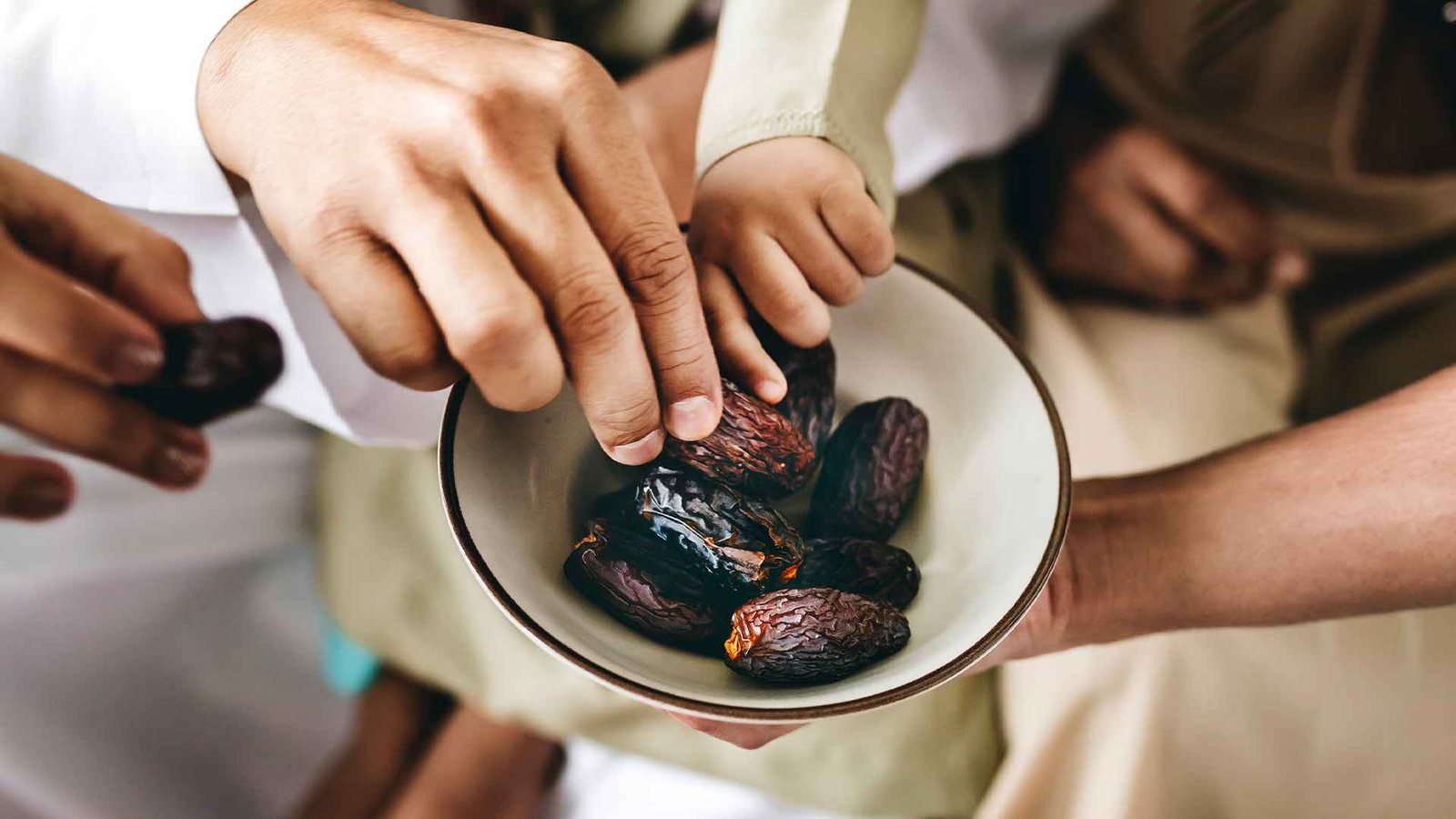
Dates hold a place of honor in Omani celebrations and festivals, particularly during religious events such as Ramadan, Eid al-Fitr, and Eid al-Adha. During these holy periods, dates are consumed in large quantities, often as the first food to break the fast during Ramadan. This practice is rooted in Islamic tradition, where it is believed that the Prophet Muhammad broke his fast with dates, making them a significant food item during these times.
Eid al-Fitr, which marks the end of Ramadan, is a particularly joyous occasion in Oman. Families and friends gather to celebrate, and dates are a central part of the feast. They are often served alongside Omani coffee, known as “Qahwa,” as a symbol of hospitality and goodwill.
During Eid, dates are not just a treat—they are a symbol of the blessings we've received during Ramadan. Sharing dates with loved ones is a way to extend those blessings.
Beyond their role in celebrations, dates are deeply symbolic in Omani society. They represent hospitality, a core value in Omani culture. It is customary for Omanis to offer dates to guests as a sign of welcome and respect. This tradition is so ingrained that refusing an offer of dates is considered impolite.
Dates are also a symbol of generosity and abundance. In Oman, it is common for families to send dates to neighbors and friends, especially during the harvest season. This act of sharing reflects the communal spirit of Omani society, where the well-being of the community is prioritized over individual wealth.
The cultivation of dates in Oman is a time-honored tradition that has been passed down through generations. Omani farmers, known for their deep knowledge of date palm cultivation, employ a combination of traditional and modern techniques to ensure the health and productivity of their date palms.
Sustainability is a key concern in Omani date farming. The country’s arid climate and limited water resources have made it necessary for farmers to develop eco-friendly farming practices that conserve water and protect the environment. One such practice is the use of “falaj” irrigation systems, an ancient method that channels water from underground springs to irrigate date palm groves. This system allows for the efficient use of water, ensuring that date palms receive the moisture they need without depleting the water table.
In recent years, Oman has also embraced modern technologies to enhance the sustainability of date farming. Drip irrigation systems, for example, have become increasingly popular in the country’s date palm plantations. These systems deliver water directly to the roots of the date palms, reducing water waste and improving the overall health of the trees.
Sustainable farming practices are essential for the future of Oman's date industry. By conserving water and protecting our environment, we are ensuring that future generations can continue to enjoy the fruits of our labor.
While traditional farming methods remain integral to Oman’s date industry, the country has also made significant strides in adopting new technologies. One notable innovation is the use of tissue culture techniques to produce date palm saplings. This method allows farmers to propagate date palms more efficiently, ensuring a consistent supply of healthy trees for cultivation.
In addition to tissue culture, Omani farmers are also exploring the use of organic fertilizers and pest control methods to improve the quality of their dates. These innovations are helping to boost the productivity of Oman’s date industry, making it more competitive in the global market.
Dates are a cornerstone of Omani cuisine, used in a wide variety of dishes, from savory to sweet. Their natural sweetness and rich flavor make them a versatile ingredient that is cherished by Omanis of all ages.
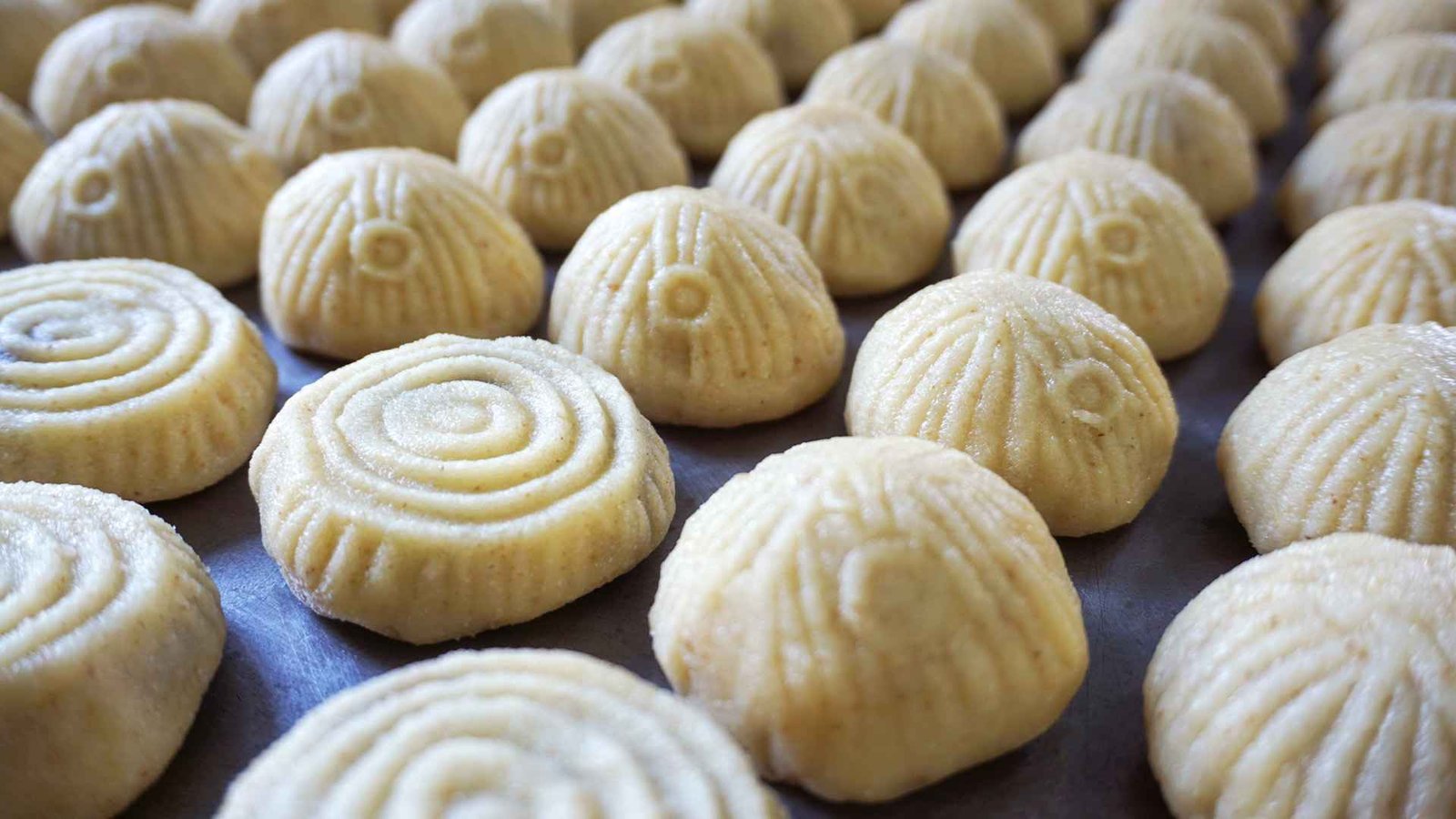
One of the most iconic dishes in Omani cuisine is “Halwa,” a sweet, sticky confection made from dates, sugar, saffron, and various spices. Halwa is a staple at Omani celebrations, served during weddings, religious festivals, and other special occasions. The preparation of Halwa is an art form, with each family having its own secret recipe that has been passed down through generations.
Another popular dish is “Ma’amoul,” a date-filled pastry that is often enjoyed with Omani coffee. Ma’amoul is a favorite during Eid when families gather to celebrate the end of Ramadan. The combination of the buttery pastry and sweet date filling makes Ma’amoul a beloved treat across the country.
Making Halwa is a labor of love. It's a tradition that brings our family together, and the result is a sweet treat that carries the flavors of our heritage.
Beyond Halwa and Ma’amoul, dates are used in a variety of other Omani desserts and sweets. For example, “Asida,” a traditional Omani pudding made from dates, flour, and ghee, is a comforting dessert that is often served warm. Dates are also used in “Funge,” a type of date cake that is popular during the cooler months.
These desserts highlight the versatility of dates in Omani cuisine. Whether served as a simple snack or incorporated into elaborate dishes, dates are a beloved ingredient that adds a touch of sweetness to Omani life.
Dates are not only delicious but also packed with nutrients, making them a healthy addition to any diet. In Oman, dates have long been valued for their medicinal properties, and they continue to be used in traditional remedies today.
Omani dates are rich in essential nutrients, including vitamins, minerals, and antioxidants. They are an excellent source of potassium, which is vital for maintaining healthy blood pressure levels, as well as magnesium, which supports muscle and nerve function. Dates are also high in fiber, which aids in digestion and helps prevent constipation.
In addition to these nutrients, dates contain natural sugars, such as glucose, fructose, and sucrose, which provide a quick energy boost. This makes dates an ideal snack for those who need a quick pick-me-up, whether they are fasting during Ramadan or simply need a mid-day energy boost.
Dates are nature's candy. They're sweet, nutritious, and packed with energy—perfect for a quick snack or a post-meal treat.
In traditional Omani medicine, dates are used to treat a variety of ailments. For example, dates are believed to have a cooling effect on the body, making them a popular remedy for heat-related illnesses. They are also used to soothe digestive issues, such as indigestion and constipation.
In addition to their physical benefits, dates are also valued for their ability to boost mental clarity and focus. This is why dates are often consumed during Ramadan when Muslims fast from dawn until dusk. The natural sugars in dates help to stabilize blood sugar levels, providing sustained energy throughout the day.
The different regions of Oman produce distinct varieties of dates, each with its own characteristics. For example, the “Khalas” date, known for its soft texture and caramel-like flavor, is a favorite in the northern regions of Oman. In contrast, the “Fard” date, which has a firmer texture and a slightly nutty flavor, is more commonly found in the southern regions of the country.
Other popular varieties include the “Khunaizi,” which is known for its rich, dark color and intense sweetness, and the “Naboot Saif,” which is prized for its delicate flavor and tender flesh. Each of these varieties reflects the unique climatic conditions and agricultural practices of its region.
The variety of dates in Oman is like a tapestry of flavors and textures, each one telling a story of the land where it was grown.
Omani dates are not only enjoyed locally but are also exported to countries around the world. The export market for Omani dates is growing rapidly, with increasing demand from countries in the Middle East, Europe, and Asia. This has made dates one of Oman’s most important agricultural exports, contributing significantly to the national economy.
The high quality of Omani dates, combined with the country’s commitment to sustainable farming practices, has made them a sought-after product in international markets. In recent years, Oman has also made efforts to promote its dates through trade fairs and international exhibitions, further boosting the global profile of this iconic fruit.

Hospitality is a cornerstone of Omani culture, and dates are at the heart of this tradition. Offering dates to guests is a gesture of kindness and respect, a practice that has been passed down through generations.
When guests arrive in an Omani home, they are often greeted with a tray of fresh dates and a pot of “Qahwa” (Omani coffee). This ritual is an integral part of Omani date traditions, reflecting the importance of dates in social interactions.
The act of offering dates and coffee is more than just a formality—it is a way to express hospitality and build connections. The dates, with their natural sweetness, complement the bitterness of the coffee, creating a perfect balance of flavors. This simple yet meaningful gesture is a reflection of the warmth and generosity of the Omani people.
In Oman, the first thing you are offered when you enter someone's home is dates and coffee. It's our way of saying 'you are welcome here.
In Oman, dates are also given as gifts, especially during religious holidays and special occasions. This practice underscores the value placed on dates as a symbol of goodwill and generosity.
During the date harvest season, it is common for Omanis to send boxes of fresh dates to their friends and neighbors as a gesture of goodwill. This tradition is particularly important during Ramadan when the sharing of dates takes on an even greater significance. The act of giving dates is seen as a way to extend blessings and strengthen social bonds.
The role of dates in Omani culture extends far beyond their use as a food source. They are a symbol of the country’s rich heritage, a key element of its economy, and a vital part of its social fabric. From the fields where they are cultivated to the tables where they are served, dates are an enduring symbol of Oman’s identity and values.
As we have explored in this article, Omani date traditions are a living testament to the country’s history and culture. Whether enjoyed as part of a festive meal, offered as a token of hospitality, or gifted as a sign of respect, dates are a cherished part of Omani life.
The impact of dates on Omani culture is profound and lasting. They represent the ingenuity and resilience of the Omani people, who have managed to thrive in one of the most challenging environments on earth. The cultivation of dates, the rituals surrounding their consumption, and the deep respect for this humble fruit are all reflections of the values that define Oman as a nation.
As Oman continues to evolve and modernize, the traditions surrounding dates remain a constant, serving as a bridge between the past and the future. The enduring significance of dates in Omani culture is a reminder of the importance of preserving our heritage and honoring the traditions that have shaped who we are.
Omani dates are known for their rich flavor, soft texture, and high nutritional value. The unique climate and soil conditions in Oman contribute to the distinctive characteristics of Omani dates, making them highly sought after both locally and internationally.
In traditional Omani medicine, dates are used to treat a variety of ailments, including digestive issues and fatigue. Their natural sugars provide a quick energy boost, while their high fiber content aids in digestion.
Popular Omani dishes featuring dates include “Halwa,” a sweet confection made with dates, and “Ma’amoul,” a date-filled pastry. These dishes are often served during special occasions and festivals.
The Omani dates industry is a significant contributor to the national economy. In addition to local consumption, Omani dates are exported to various countries, generating revenue and supporting rural communities involved in date farming.
Never miss any important news. Subscribe to our newsletter.

